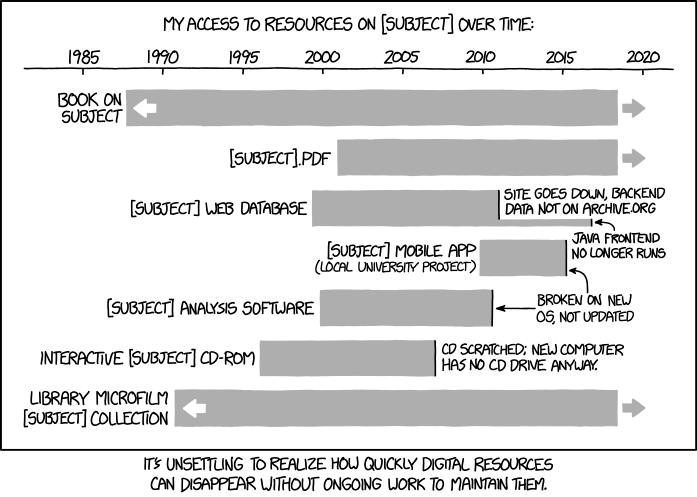Yet again, some seem to not understand what they’re talking about when it comes to transparency in AI…
Like, here. Worse, this person seems to be a rapporteur to the European Economic and Social Comittee advising the European Committee. If that sounds vague – yes it does even for Europeans.
For the ‘worse’ part: The umpteenth Error, to consider that the secrecy of algorithms is the only thing that would need to change to get transparency about the fuctioning of a complete system.
1. The algorithm is just a part of the system, and the behaviour of the system is not determined in anything close to any majority part by the algorithm – the data fed to it, and the intransparent patterns learned by it, are. The transparency needs to be about the algorithm but much more about the eventual parameters as learned throughout the training time and the training/tuning after that. [Update before press release: There seems to be an erroneous assumption by some way too deep into EC affairs that the parameters are part of the ‘algorithm’ which is Newspeak at its worst, and counterproductive certainly here, and hence dangerous.]
2. The algorithm can just be printed out … If anyone would need that. One can just as easily run an AI code analyser (how good would that be? They exist already, exponentially increasing their quality, savvyness) over the source- or decompiled code.
3. The eventual parameters … not so much; they’re just there in a live system; unsure how well they are written out into any file or so (should be, for backup purposes – when not if AI systems will get legal personhood eventually (excepting the latter-day hoaxes re that), will a power switch-off be the same as attempted murder, and/or what would the status of a backup AI ‘person’ be ..?).
4. Bias, etc. will be in the parameters. The algorithms, mostly-almost-exclusively will be blank slates. No-one yet knows how to tackle that sufficiently robustly since even if the system is programmed (algorithm..!) to cough up parameters, the cleverer systems will know (?) how to produce innocent-looking parameters instead of the possibly culpable actual ones. Leads into this trickery by AI systems, have been demonstrated to develop (unintentionally) in actual tests.
5. How to trick AI pattern recognition systems … the newest of class breaks have just been demonstrated in practice – their theoretical viability had been proven long before – e.g., in this here piece as pointed out only yesterday [qua release; scheduled last week ;-]. Class break = systemically unrepairable … [ ? | ! ].
Let’s hope the EC could get irrelevant just that little less quickly by providing it with sound advice. Not the bumbling litlle boys’ and girls’ type of happythepreppy too-dim-wits. [Pejorative, yes, but not degrading: should, maybe not could, have known better ..!]
Oh, and:
 [Already at a slight distance, it gets hazy what goes on there; from the Cathédrale]
[Already at a slight distance, it gets hazy what goes on there; from the Cathédrale]
 [München, for zero (as in: 0.0) reason]
[München, for zero (as in: 0.0) reason]













